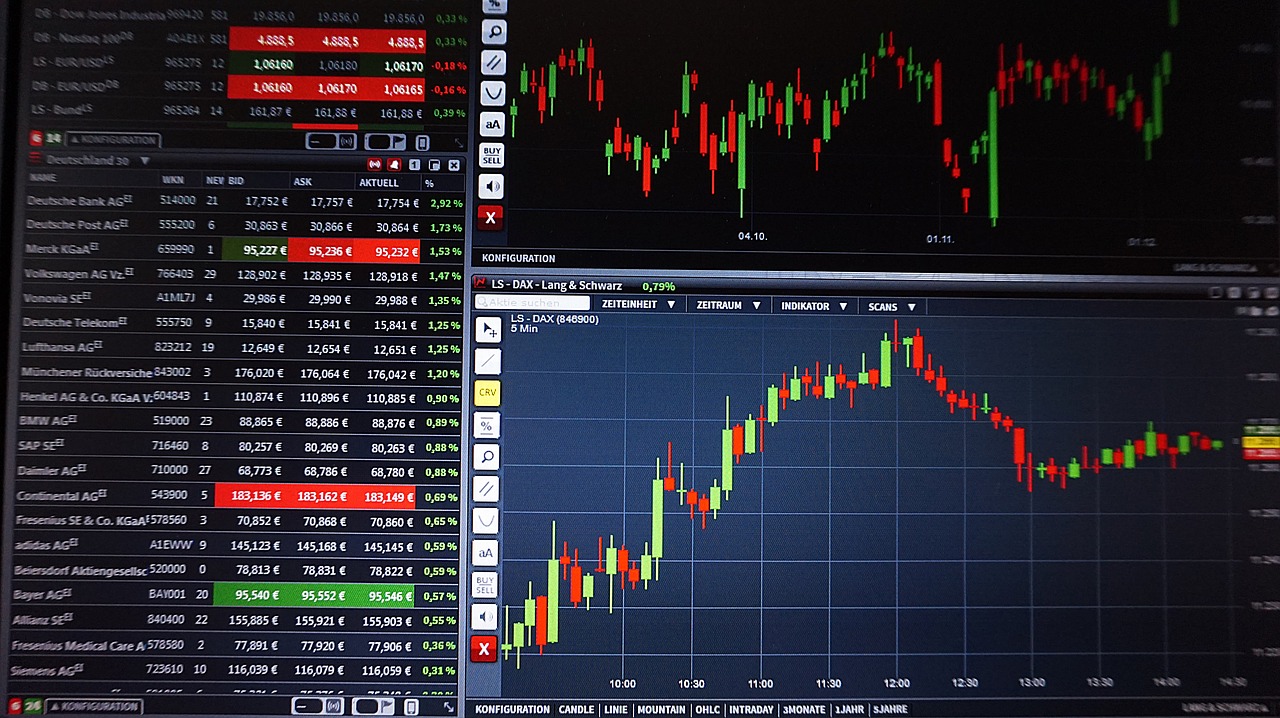If you’ve ever wondered how to trade cryptocurrency, you’ve come to the right place. This article covers the basics of trading cryptocurrencies, from price speculation to KYC verification. Before you get started, though, it’s important to understand a few things that you can learn at QUANTUMAI. This market is a zero-sum game, and you should always be aware of the risks and potential rewards of trading it. After all, it’s never a bad idea to do your research before jumping into the cryptocurrency market.
Table of Contents
Trading in cryptocurrencies is straightforward
To trade in cryptocurrency, one must know how the markets work. In a zero-sum market, buyers and sellers create an order book. When the price breaks through one of these boundaries, new support and resistance levels will form. Traders should monitor new listings to determine if there is enough demand for them. However, arbitrage can increase competition and risk. Traders should also be aware of the risks associated with arbitrage trading.
To avoid the danger of gaining too much money, one must make a proper risk assessment. Cryptocurrency trading is riskier than other forms of investing. There are different types of risks involved, including market risk, which can affect your position in the market. Liquidity risk, on the other hand, is a risk that arises when an investor cannot exit their position and cannot find a buyer for it.
Trading in cryptocurrencies involves price speculation
Trading in cryptocurrencies involves price speculation. As with any form of trading, you’ll have a buyer and a seller. Both of these participants will be hoping to make a profit, but they have no way to control the price. That’s where leverage comes into play. Leverage can increase or decrease your profits, depending on the size of the position you take. The higher your leverage, the higher your potential profit.
In order to make the most of your investment, you’ll need to know your investment case. While buying stocks requires an investor to read the prospectus and analyze the company’s history, buying cryptocurrencies requires the same diligence. There are literally thousands of cryptocurrencies available to choose from. And, of course, new cryptocurrencies are created every day. Before you make a purchase, you’ll need to understand how much your investment is worth.
Trading in cryptocurrencies is a zero-sum game
Bitcoin is a perfect example of a cryptocurrency that has a zero-sum game. Bitcoin is created by mining and destroyed each time it is traded. When you trade Bitcoin, you are destroying it and decreasing the amount in circulation. This is an extreme example of a zero-sum game, but it does apply in many cases. This is true with all cryptocurrencies and fiat currencies. However, it is important to note that all cryptocurrencies and fiat currencies are not created equal.
The key to a successful trading strategy is risk management. Obviously, no one can be 100% accurate all the time. Traders should always have an exit plan in case their trades do not pan out as planned. It is important to strike a balance between sticking to a plan and remaining flexible. One way to do this is to measure risk versus reward and identify areas where to place stop losses.
Trading in cryptocurrencies requires KYC verification
The UK and several other countries are trying to regulate the burgeoning crypto space. The Reserve Bank of India (RBI) has warned that cryptos don’t have a real underlying value and that they could be used to facilitate financial fraud and terrorist financing. Also, a large portion of the cryptocurrency market is anonymous and untraceable, which makes it easier for criminals to launder money or conduct other illegal activities. To combat these problems, KYC verification is an essential step in the process.
Unlike traditional financial institutions, cryptocurrency exchanges are similar to banks in many ways, including KYC requirements. KYC requirements help ensure that the companies operating them are legitimate and have the authority to offer regulated services. They also ensure that customers’ personal details and identity information are kept private. Even decentralised services like Binance have had to tighten their KYC measures to prevent fraudulent activity. KYC verification helps identify high-risk users and help weed out criminals.
Trading in cryptocurrencies is open year-round
The stock market is closed on weekends and holidays. Cryptocurrencies, on the other hand, are open around the clock. Both of these markets fluctuate in value. While cryptocurrency price swings are notoriously large, a stock’s movement is driven by the fundamental performance of a company. Keeping up with earnings updates is an excellent way to determine when to buy or sell. The market also has its ups and downs, but a cryptocurrency exchange is open around the clock.
The cryptocurrency market is not regulated and can be traded at all hours of the day or night. There is no set trading hour for cryptocurrencies, but they tend to be busier during the US, European, and UK market hours. The Asian market, on the other hand, tends to be volatile. Some big moves in cryptocurrency prices can happen on Sunday night, which is particularly bad news for European traders. Since most exchanges are decentralized, their prices vary.
